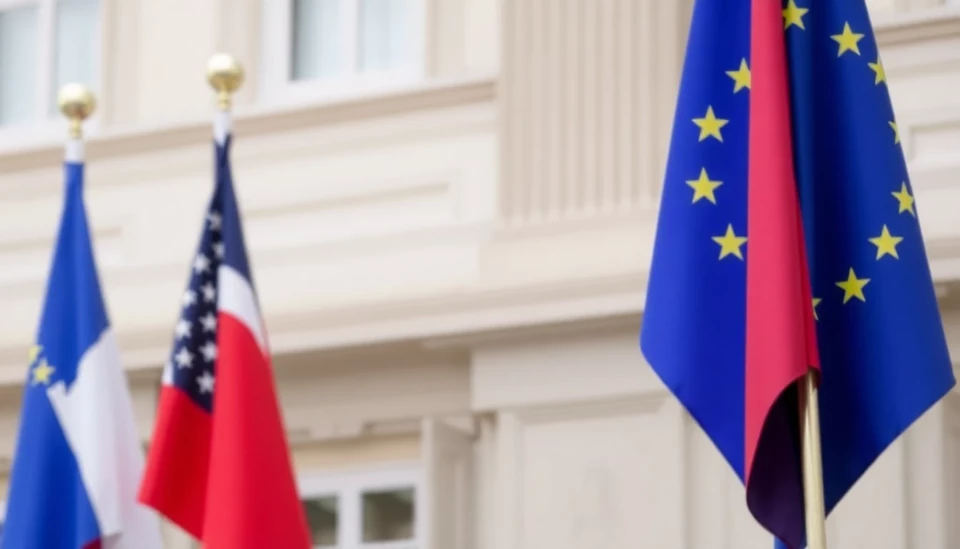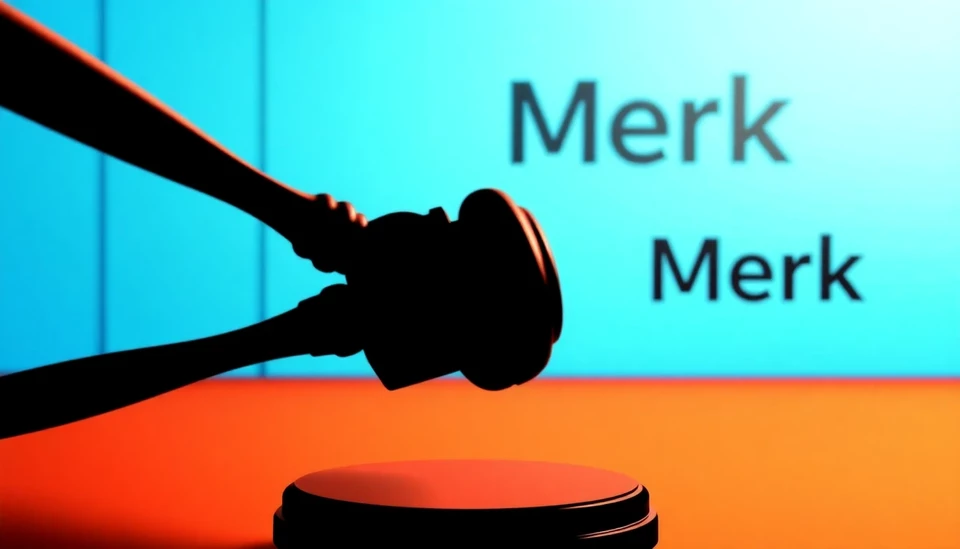
In the wake of increasing tensions over international trade, France has called for the European Union (EU) to consider a comprehensive digital strategy aimed at countering U.S. tariffs. This initiative comes amidst ongoing discussions among EU leaders about how to shield their economies from what they perceive as aggressive U.S. trade measures, particularly in the technology sector.
The French government has emphasized the need for Europe to unify and adopt a coordinated approach to digital policy. France's Secretary of State for Digital Affairs, Jean-Noël Barrot, expressed the urgency of this initiative during a recent meeting in Brussels, stating that the EU must "develop a strong and effective digital response" to ensure its industries are not unduly harmed by U.S. trade tactics.
The backdrop for this appeal includes a series of tariffs imposed by the United States on various imports, which many EU members believe have a disproportionate impact on their businesses, particularly those involved in the technology and digital sectors. France, along with other EU nations, fears the long-term consequences of leaving their industries vulnerable to external pressure, especially from the U.S., which has a powerful grip over global technology and digital innovations.
Barrot outlined potential strategies that could involve bolstering investment in European technology firms and enhancing regulatory frameworks to protect local companies from foreign competition. He noted that digital sovereignty was a key issue, advocating for Europe to become more self-reliant in technological innovation. This move towards digital independence is seen as essential for maintaining economic stability within the EU in an increasingly globalized trade environment.
This strategic pivot not only involves direct responses to tariffs but also augments Europe's overall competitiveness in the digital arena. Discussions among EU leaders suggest that initiatives for greater integration in digital markets could lead to enhanced collaboration among member states, enabling them to leverage shared resources and expertise to better contend with U.S. dominance in technology.
The French proposal is expected to be met with a mixture of enthusiasm and caution, as not all EU countries might be ready to commit to extensive regulatory changes or increased funding for technology development. Nevertheless, Barrot's call to action highlights a growing recognition within Europe that a stronger digital framework is essential for protecting the continent’s economic interests in the global market.
As these dialogues unfold, the EU is likely to push for a faster implementation of its digital agenda, focusing on white papers that could outline concrete steps toward achieving digital sovereignty. The outcomes of these negotiations could significantly redefine how European nations interact with U.S. trade policies and set the stage for future collaborations or conflicts in the realm of international technology competition.
The stakes have never been higher for the EU as it looks to solidify its position in the global economy, and with France leading the charge, the conversation is poised to evolve in the coming weeks.
#EU #France #USTariffs #DigitalStrategy #TradePolicy #DigitalSovereignty #TechnologySector #EconomicResponse #GlobalTrade
Author: Laura Mitchell




